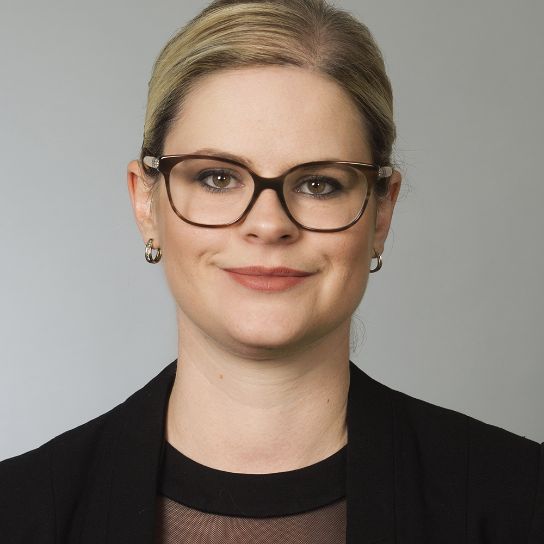The Australian government is consulting with stakeholders on two policy papers drafted for a proposed Guarantee of Origin (GO) Scheme for hydrogen and renewable electricity certification.
Consultation on the policy papers closes on 3 February 2023.
Snapshot
- The Guarantee of Origin (GO) Scheme is proposed to measure, track and verify greenhouse gas emissions, initially for hydrogen, hydrogen energy carriers (e.g. ammonia) and renewable electricity.
- It is proposed that the GO Scheme will create two new certificate types – Product GOs and Renewable Electricity GOs (REGOs). Product GOs will be designed to verify the carbon intensity of products across the product lifecycle.
- Consultation on two policy papers is open until 3 February 2023, with further consultation on draft legislation and methodologies to follow. It is intended that the scheme be legislated to commence in early 2024, with a review in 2025 and ongoing reviews every 5 years.
Consultation is focused on design of the scheme and methods, as well as views on the expansion beyond hydrogen to low emission products, and generally whether the scheme is fit for purpose.
The GO Scheme is proposed to:
- Provide a mechanism to track and verify emissions associated with hydrogen and other low emissions commodities produced in Australia; and,
- Provide an enduring certificate mechanism for renewable electricity which could support a variety of renewable energy claims.
The Scheme will be administered by the Clean Energy Regulator and will be established as new legislation, with supporting instruments for methodologies and emissions measurement processes and sources.
It is intended that participation in the Scheme will be voluntary, and participants will need to meet obligations set out in the legislation including approvals, fit and proper person tests and data reporting accuracy. There is not proposed to be a minimum intensity eligibility requirement for the Scheme.
The purpose of the scheme is to provide the foundation for participation in new markets and streamline reporting emissions information, with the Scheme to be based on internationally aligned emissions accounting methodologies.
The GO Scheme is effectively designed to refresh (but not immediately replace) the existing Renewable Energy Target (RET) scheme which involved the issuance of large-scale generation certificates (LGCs). The ultimate effect of the RET scheme in growing renewable energy investment across Australia has been generally effective, but is due to sunset in 2030.
The GO Scheme will create two new certificate types:
- Product GOs (1 unit proposed to represent a 1 kg unit of the product that has been produced); and
- Renewable Electricity GOs (REGOs) (1 unit proposed to represent 1 MWh of renewable electricity).
Public registers managed by the Clean Energy Regulator will contain information about new and existing certificates and allows participants to share information with other participants.
Product GO certificates are designed to cover a “well-to-user” system boundary, capturing emissions associated with the supply of raw materials, production, transport and storage to the point of consumption or international departure.
Like the LGCs, REGO certificates will be able to be traded independently from the electricity that has created them.
The GO Scheme would be designed to interface with other relevant systems, including the Safeguard Mechanism and the National Greenhouse and Energy Reporting Scheme. Processes will be in place for avoid double counting with carbon offsets (ACCUs) by requiring ACCUs to be surrendered where they are issued for emissions reductions within the system boundary.
The relevant papers can be found here:
Paper 1: Australia’s Guarantee of Origin Scheme Policy position paper (December 2022)
If you would like to understand what this proposal and consultation means for you or your business, or to learn about making a submission please do not hesitate to get in touch.
Key contacts
Disclaimer
The articles published on this website, current at the dates of publication set out above, are for reference purposes only. They do not constitute legal advice and should not be relied upon as such. Specific legal advice about your specific circumstances should always be sought separately before taking any action.










